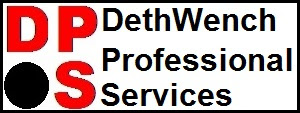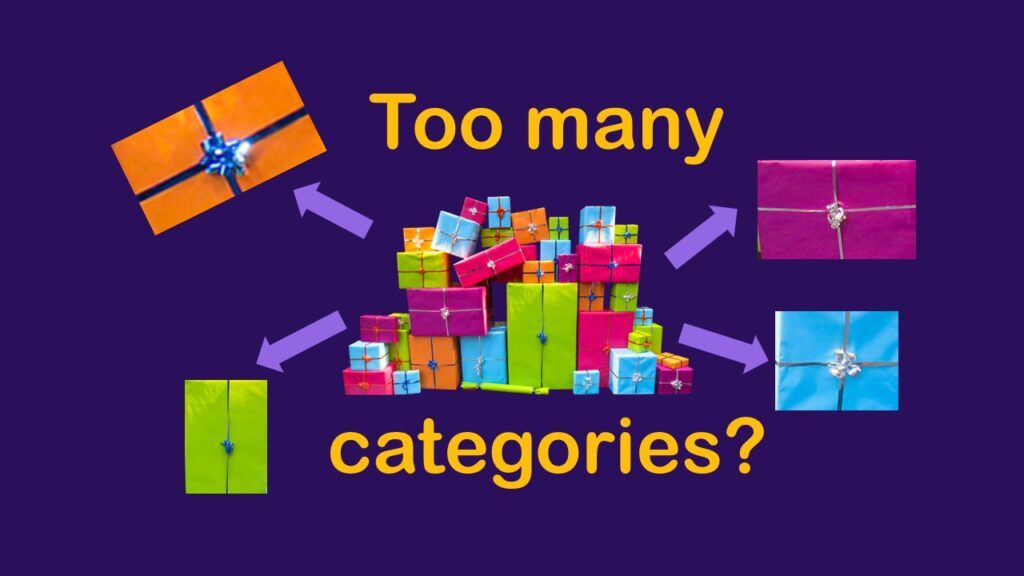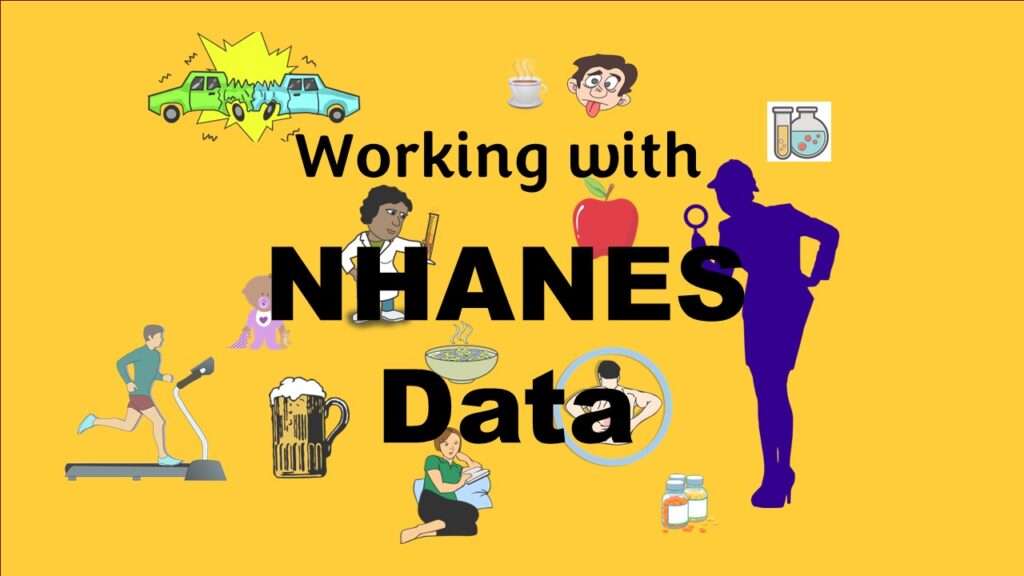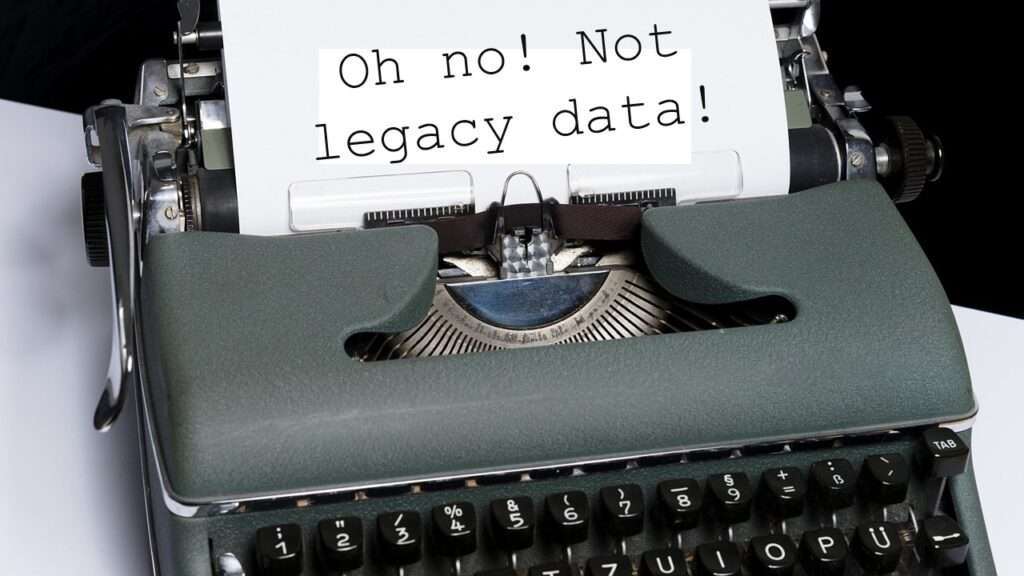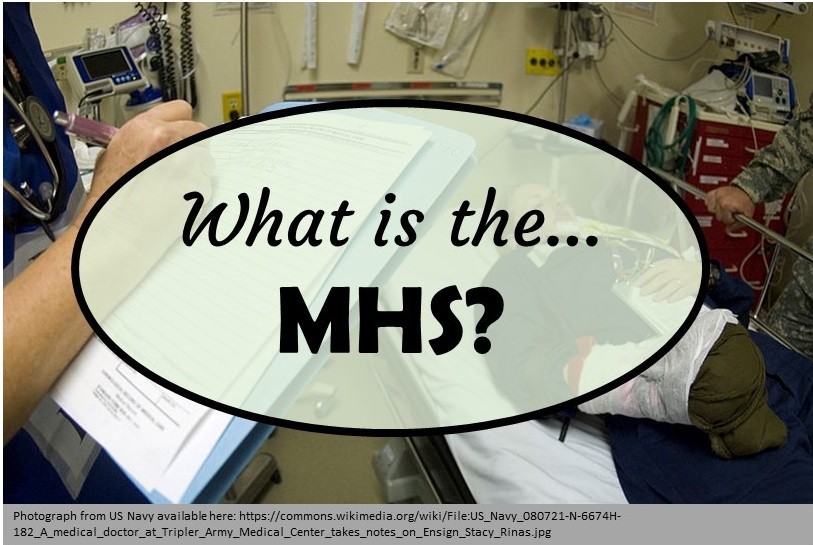AI careers are not easy to navigate. Read my blog post for foolproof advice for those interested in building a career in AI.
Tag Archives: coronavirus pandemic
Classification crosswalks are easy to make, and can help you reduce cardinality in categorical variables, making for insightful data science portfolio projects with only descriptive statistics. Read my blog post for guidance!
NHANES data piqued your interest? It’s not all sunshine and roses. Read my blog post to see the pitfalls of NHANES data, and get practical advice about using them in a project.
Understanding legacy data is necessary if you want to analyze datasets that are extracted from old systems. This knowledge is still relevant, as we still use these old systems today, as I discuss in my blog post.
You may already know that NACCHO is NOT cheese – but what is it? It’s a professional society for local public health officials. Read my blog post to learn what NACCHO does, and who it serves.
“What is the MHS?” is a question not always asked by public health data scientists, but it should be. The MHS – or Military Health System – serves the US military through healthcare facilities in locations where civilians do not have access. I provide an explanation on my blog post.
